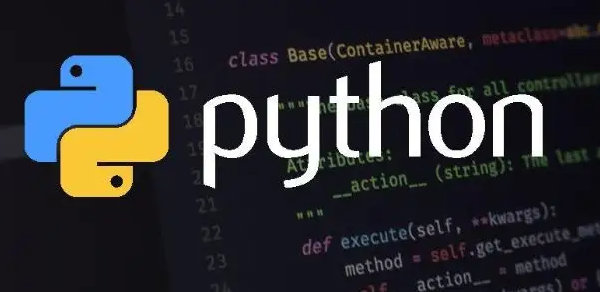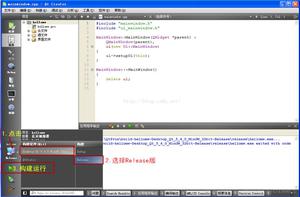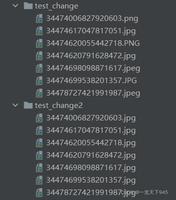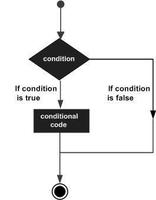python开发_大小写转换,首字母大写,去除特殊字符

总结我们在平常开发过程中对字符串的一些操作:
#字母大小写转换
#首字母转大写
#去除字符串中特殊字符(如:'_','.',',',';'),然后再把去除后的字符串连接起来
#去除'hello_for_our_world'中的'_',并且把从第一个'_'以后的单词首字母大写
代码实例:
python;toolbar:false;">#字母大小写转换#首字母转大写
#去除字符串中特殊字符(如:"_",".",",",";"),然后再把去除后的字符串连接起来
#去除"hello_for_our_world"中的"_",并且把从第一个"_"以后的单词首字母大写
low_strs = "abcd"
uper_strs = "DEFG"
test_strA = "hello_world"
test_strB = "goodBoy"
test_strC = "hello_for_our_world"
test_strD = "hello__our_world_"
#小写转大写
low_strs = low_strs.upper()
print("abcd小写转大写:", low_strs)
#大写转小写
uper_strs = uper_strs.lower()
print("DEFG大写转小写:", uper_strs)
#只大写第一个字母
test_strB = test_strB[0].upper() + test_strB[1:]
print("goodBoy只大写第一个字母:", test_strB)
#去掉中间的"_",其他符号都是可以的,如:".",",",";"
test_strA = "".join(test_strA.split("_"))
print("hello_world去掉中间的"_":", test_strA)
#去除"hello_for_our_world"中的"_",并且把从第一个"_"以后的单词首字母大写
def get_str(oriStr,splitStr):
str_list = oriStr.split(splitStr)
if len(str_list) > 1:
for index in range(1, len(str_list)):
if str_list[index] != "":
str_list[index] = str_list[index][0].upper() + str_list[index][1:]
else:
continue
return "".join(str_list)
else:
return oriStr
print("去除"hello_for_our_world"中的"_",并且把从第一个"_"以后的单词首字母大写:", get_str(test_strC,"_"))
print("去除"hello__our_world_"中的"_",并且把从第一个"_"以后的单词首字母大写:", get_str(test_strD,"_"))
运行效果:
Python 3.3.2 (v3.3.2:d047928ae3f6, May 16 2013, 00:03:43) [MSC v.1600 32 bit (Intel)] on win32
Type "copyright", "credits" or "license()" for more information.
>>> ================================ RESTART ================================
>>>
abcd小写转大写: ABCD
DEFG大写转小写: defg
goodBoy只大写第一个字母: GoodBoy
hello_world去掉中间的'_': helloworld
去除'hello_for_our_world'中的'_',并且把从第一个'_'以后的单词首字母大写: helloForOurWorld
去除'hello__our_world_'中的'_',并且把从第一个'_'以后的单词首字母大写: helloOurWorld
>>>
以上是 python开发_大小写转换,首字母大写,去除特殊字符 的全部内容, 来源链接: utcz.com/z/520967.html









